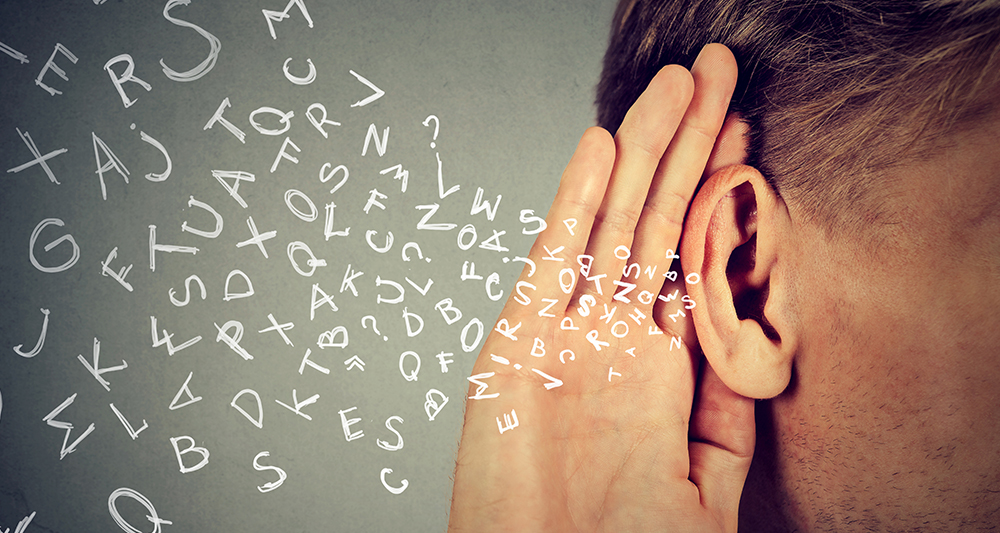
Listening – More important than talking
“We have two ears and one tongue so to listen more and talk less” – Greek philosopher Diogenes
Communication is like throwing and catching a ball.
You need to be alert to receive information through reading and listening in the same way you need to be alert to receive a pass on a football pitch. Both require focus and skill. But why should we care about improving our listening skills? And aren’t there better things we should be spending our time on? Well, while the benefits of improving these skills may not be easily quantified, listening better will improve every area of your life. The importance of listening has been emphasised since ancient times as the quote from Diogenes. It’s also a common misconception that as we progress in our careers, we shift from listening and taking orders to speaking and giving them to others. But if you listen to any successful CEO, leader or a good parent they’ll say that asking questions and listening are the key to them doing their job well.
OK, so listening is important. But is it a skill that you can learn? Well, many people assume that good listeners have an intrinsic talent and assume that it’s a gift that can’t be learned or improved. But while it may come easier to some people, the reality is that listening skills can be developed with deliberate effort and practice.
It’s very easy to lose focus when others are speaking if their tone of voice is dull or you’re not interested in what they’re talking about. And even when someone is speaking well, their words can trigger thoughts that set your mind wandering. To combat this, when you find yourself drifting off, notice what’s happening and come gently back to listening again. If your related thought was useful, jot it down in a notebook and remind yourself to pick it up later. Accept it and come back to listening again.
We filter so much of what people say through judgement and while this is something that happens naturally, it gets in the way of good listening.
Maybe a friend tells you about a mistake they made at work and you think to yourself that you’d never have made the same one. Then as they continue to speak, you filter what they’re saying with this judgement and other opinions about them. And this is something that tends to happen very subtly without you even noticing. Judgement often takes the form of expressions of necessity – you must, you have to, you should have – or evaluations of whether something’s good or bad so learn to watch for these signs both in yourself and others.
And when these thoughts come up, notice them and suspend judgement until after you’ve finished listening to what the other person has said.
Another bad habit is trying to predict what the person you’re listening to is going to say before they’ve said it. This is something we do all the time with people we know well, like our close friends and family. The problem is that this blocks listening because we colour everything they say through our view of their previous words and actions. So if your friend complains a lot and comes to you with something to discuss, you assume it’s a problem, think to yourself “Here we go again” and fail to listen. As with judgement, it’s important to try and stop the inner predictor, who’s constantly trying to forecast what other people are about to say. If you’re having trouble, try imagining that you’ve never spoken to this person before while you’re listening to them. Then after they’ve finished you can bring your own knowledge and experience with them into play and make your judgement.




